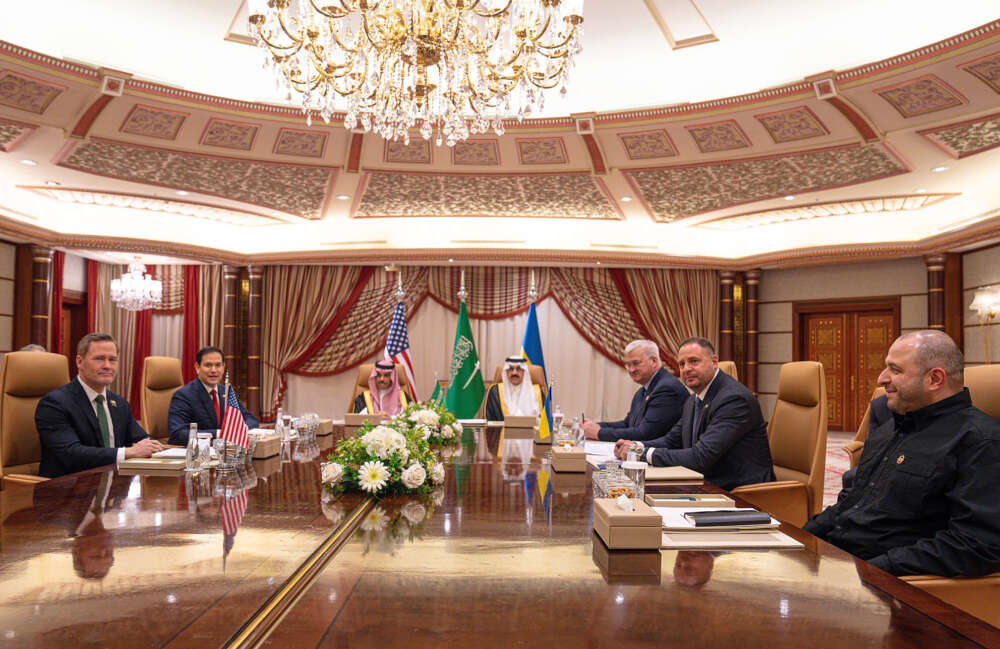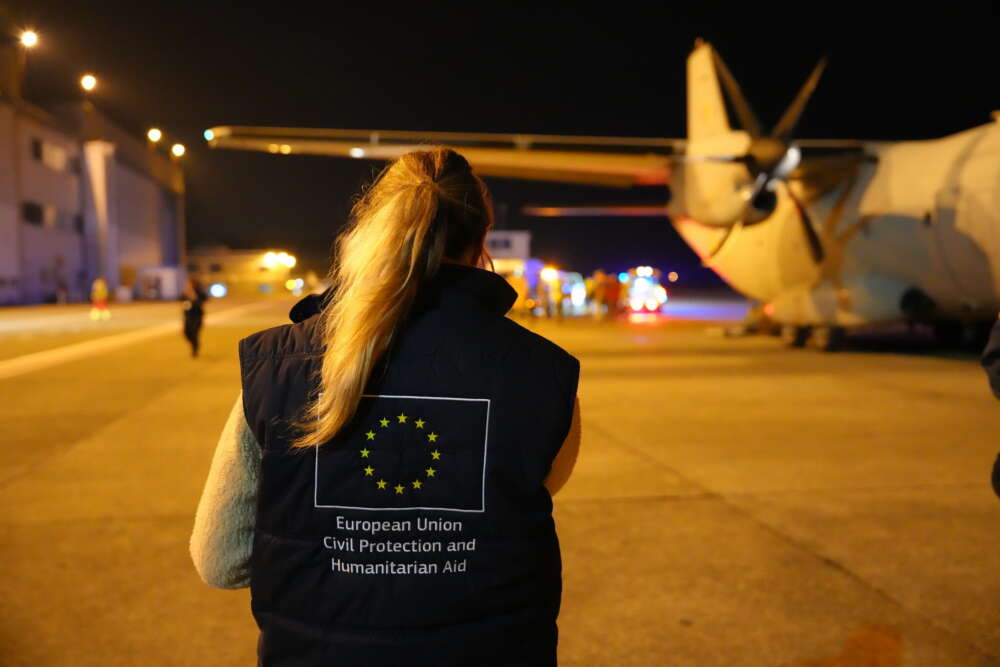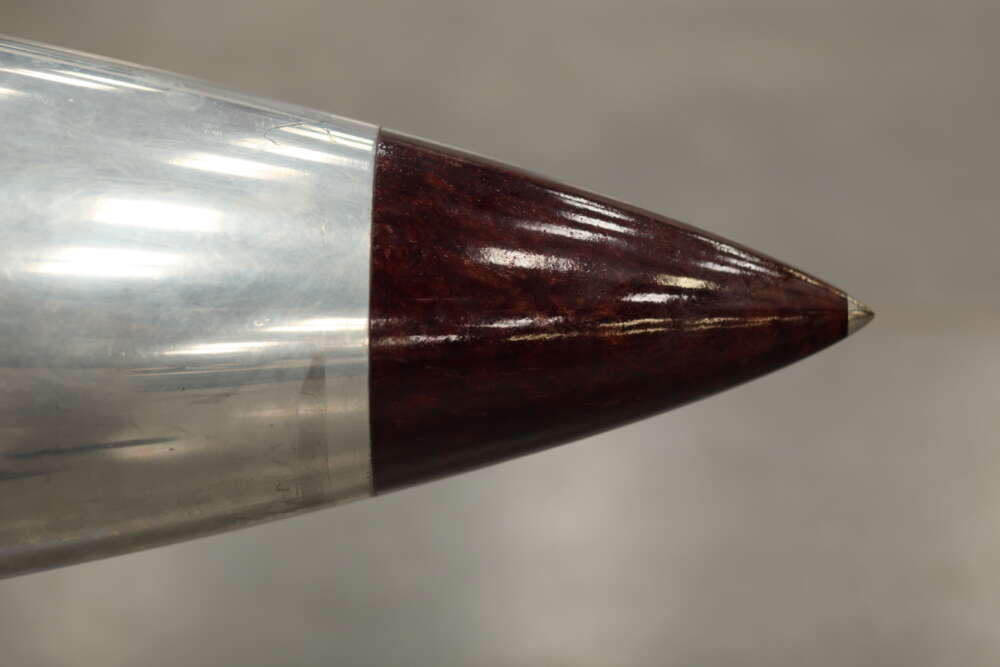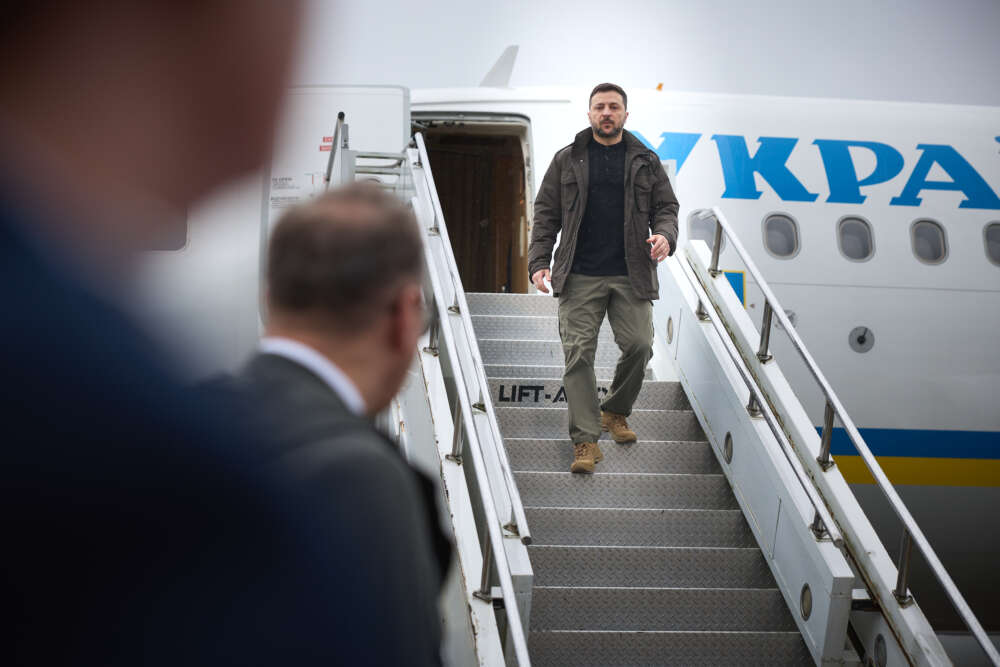Stop Panicking Over Trump and NATO

It was clear from the start that President Trump would not be a normal president for America’s European allies — Trump’s visit to Brussels and Sicily last week confirmed as much. Panicked headlines ensued: “Trump confirms Europe’s worst fears.” However, much of the alarmism surrounding Trump and Europe is misguided. Trump’s approaches to both NATO and the European Union have proved much more constructive than Europeans could have assumed just a few months ago.
In Brussels, Trump took time to meet European Commission President Jean-Claude Juncker and Donald Tusk, the president of the European Council. Even E.U. foreign policy head Federica Mogherini got some face time with the American president. Gone is Trump’s enthusiasm for Brexit and his talk about a breakup of the E.U. He made a point of reaching out to newly elected French President Emmanuel Macron, praising his “huge victory” and offering to exchange cellphone numbers. Trump claimed that Macron had been “his guy” during the French election and that he had deliberately not met with Marine Le Pen when she was at Trump Tower earlier this year. Trump did not support or praise Europe’s right-wing nationalists; Hungarian Prime Minister Viktor Orban is still waiting for his White House invitation. Despite his early support for Trump, the U.S. government sternly rebuked Orban over his legal moves against academic freedom and threatening the closure of the George Soros-funded Central European University in Budapest. So far, there has been no deal with Vladimir Putin of Russia. The United States is holding up the sanctions regime against Russia and also the troop reinforcements on NATO’s eastern flank.
Trump’s Brussels speech repeated the myth of a NATO debt account for those countries spending less than 2 percent of gross domestic product on national defense, and he berated allies in his push to make them to pay up. He raised many eyebrows when he mentioned immigration as a key area of focus for the alliance. Many commentators were alarmed when Trump did not mention support for Article V, which ensures that allies will come to defense of any NATO member facing an attack.
But the stir over Trump omitting Article V in his NATO speech is way overblown. Instead, Europeans should ask themselves what difference a formal commitment to Article V would have made in the first place. Trump is a president who relishes unpredictability and changes his opinions frequently. So regardless of what Trump says, there will always be uncertainty about his commitment. That is the immutable nature of the Trump presidency and Europeans better get used to it. That does not mean that Trump’s refusal to explicitly endorse Article 5 “may come to be one of the greatest diplomatic blunders” by a U.S. president since 1945. Trump critics suggest that this makes Trump look “weak and indecisive” and that Putin “may now be tempted to turn on Trump and put him to the test” on NATO’s eastern flank. This argument overlooks that NATO’s enemies such as Putin are likely to read Trump’s behavior as a negotiating tactic to get allies to spend more on defense, one of his few core beliefs that have remained constant for the past 30 years.
More importantly, Trump’s unpredictability is not just risky for U.S. allies but also for enemies. Trump made a show of this by launching an airstrike against Syrian President Bashar al-Assad’s regime during Chinese President Xi Jinping’s visit to Mar-a-Lago. If NATO’s collective defense is ever tested by Russia, Putin cannot be sure whether Trump won’t fiercely retaliate.
Certainly, Trump’s approach to his European allies has a corrosive effect on transatlantic trust (as shown in his tweet against Germany this morning) and is an accelerant for anti-Americanism on the continent. But it does not spell the end of NATO. Europeans do not exactly have many mouthwatering alternatives to turn to (a military alliance with China? Russia?). Now Europe finally realizes it has to try to stand on its own feet much more. Earlier this month, German Foreign Minister Gabriel demanded that Europe develop “its own projection of power,” including militarily. After the meetings with Trump in Brussels and Sicily, German Chancellor Angela Merkel stated that Europeans need “to take our fate into our own hands” much more. If Trump pushes Europe to invest in its own self-reliance, it will be a positive side effect of his presidency. In a sense, this is already happening; from Merkel to Macron, the resurgence of pro‑E.U. centrist forces is partly a reaction to witnessing Trump and Brexit.
The more Trump discovers that “America First” means “Trump Alone,” the more the limits of his unpredictable approach may become apparent. Europeans need to be prepared to defend their interests whenever and wherever Trump fundamentally acts to challenge them. In the area of trade, the E.U. is in a strong position and has the instruments to strike back at the United States. Still, Europe’s powers to defend multilateralism are limited if Trump directs his wrecking ball to the foundations of the post-World War II global order. That has not happened yet. At the moment, Trump seems intent on gutting U.S. diplomacy, development assistance, humanitarian aid and contributions to multilateral organizations. As a consequence, the United States is much less present in many volatile regions (such as Asia). A Europe dealing with a lot of its own challenges at home can only partly fill this vacuum. From a European perspective, it is this American retreat, rather than Trump’s approach to the E.U. and NATO, that is so far the true foreign policy danger of Trump’s presidency.
…
This commentary was originally published by The Washington Post on May 30, 2017. An earlier German version was published by Tagesspiegel Causa.







